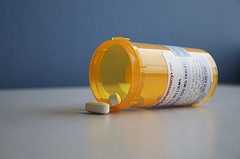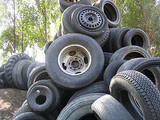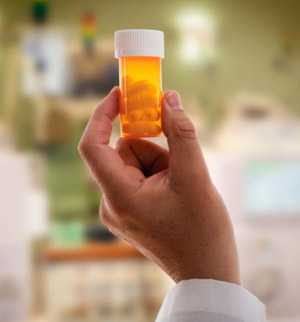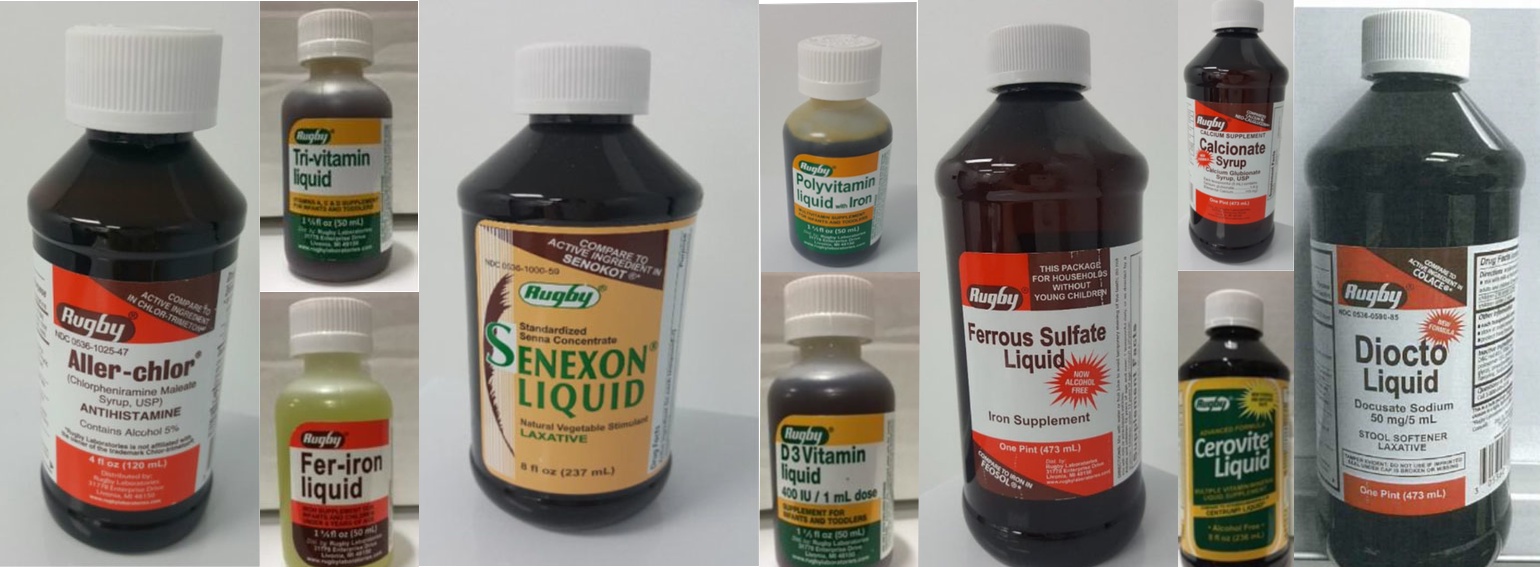The Food and Drug Administration is warning consumers and medical professionals not to use liquid supplements and medications made by Pharmatech, including some products marketed for use by babies and small children. These products — distributed under multiple brand names, including Rugby, Major, and Leader — may be contaminated with potentially dangerous bacteria. [More]
medications

Pharma Frantically Searching Humanity’s Medicine Cabinet For Non-Opioid Pain Medicines
As opioid addiction continues to ravage large swaths of the country, doctors are being urged to prescribe fewer narcotic painkillers, putting pressure on drug companies to come up with new ways to treat pain patients. [More]

Drugs Approved Due To Fraudulent Research Still On Market, FDA Shrugs
The lower prices that come from competition when drug patents expire and generic versions hit the market is great for consumers, but do you know what’s terrible for consumers? Drugs that don’t work. Yet there may be drugs on your shelf at home right now that haven’t been proven safe, effective, and––in the case of generics–– equivalent to the original brand-name drug. The alleged poor practices by six chemists at one research company in Texas affected more than one hundred drugs on the market in the United States and Europe. [More]

Rubber And Steel Fragments Found Inside Medication
The FDA has sent a warning to biotech company Genzyme after particles of rubber, steel, and fibers were found in vials of five of their injectable medications. The contamination occurred during the manufacturing process, and the FDA is concerned because doctors could be, y’know, injecting garbage fragments into their patients.

Doctors Say Too Many Patients Can't Name The Drugs They Take
Too many patients don’t remember the names of the medications they’re on, posing problems for doctors who are trying to treat them, warn researchers at Northwestern University’s Feinberg School of Medicine in Chicago. About 40% of the patients surveyed “could not accurately recall what drugs they were taking,” and among those with “low health literacy,” the rate jumped to 60%.


